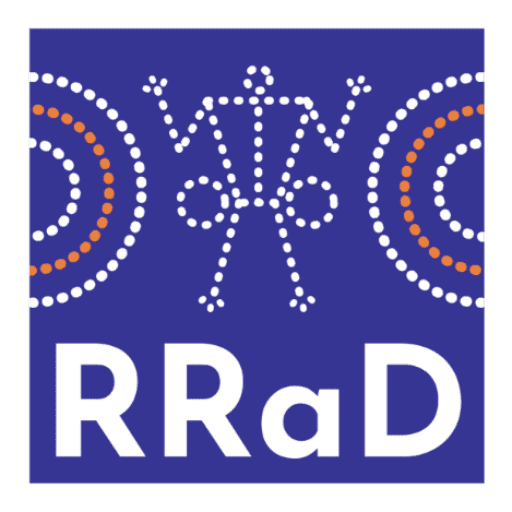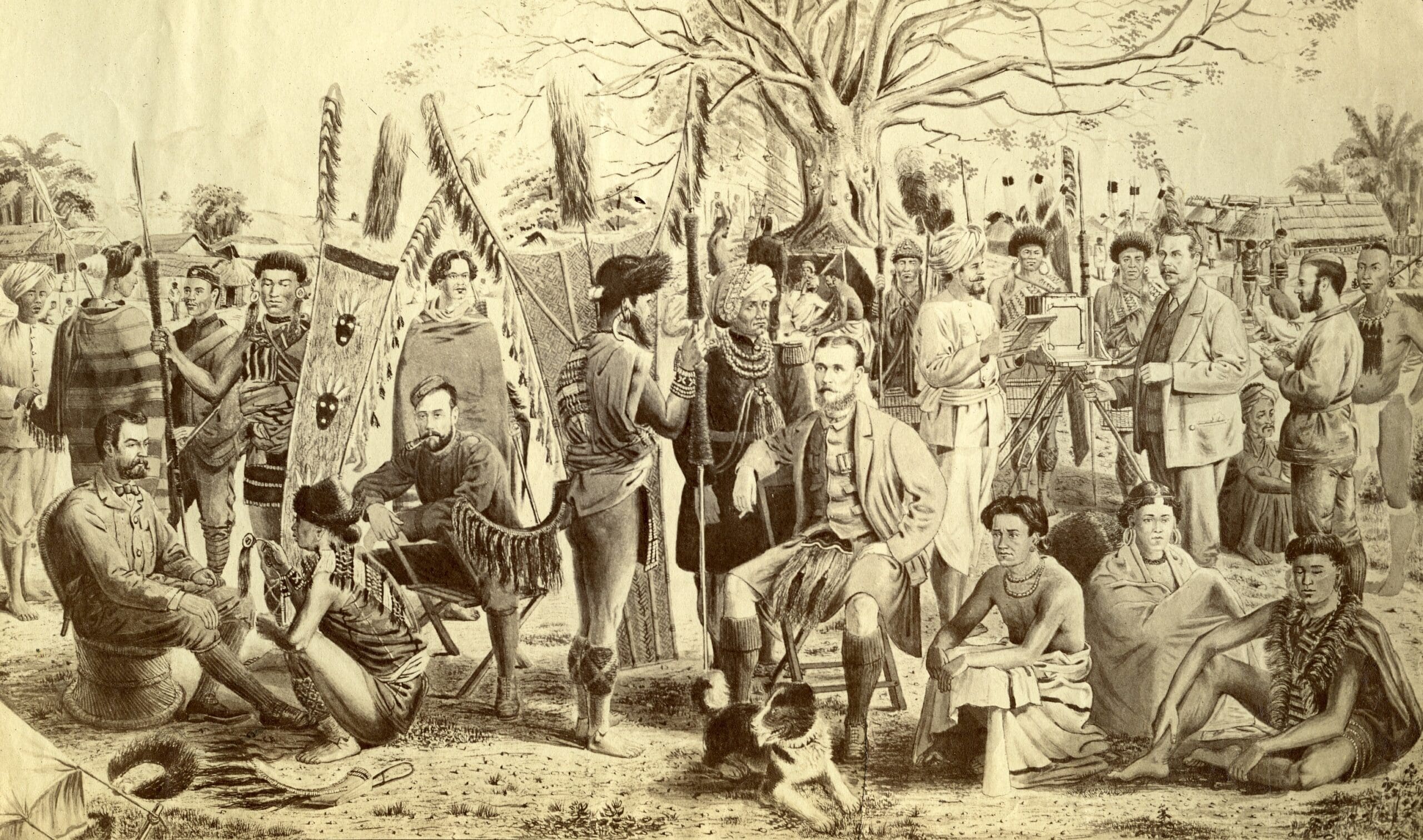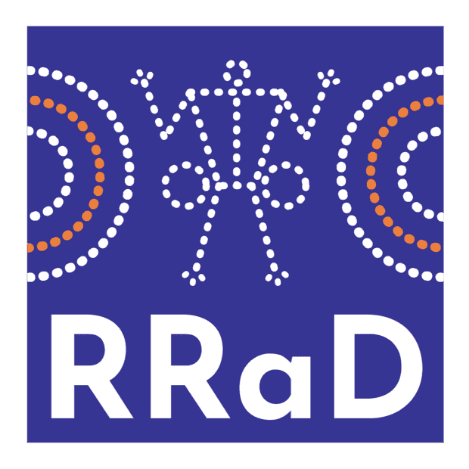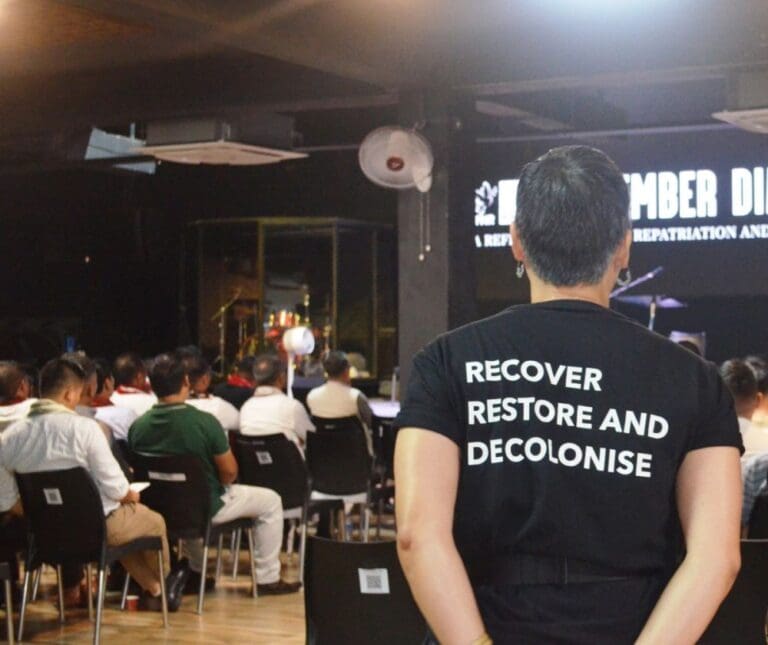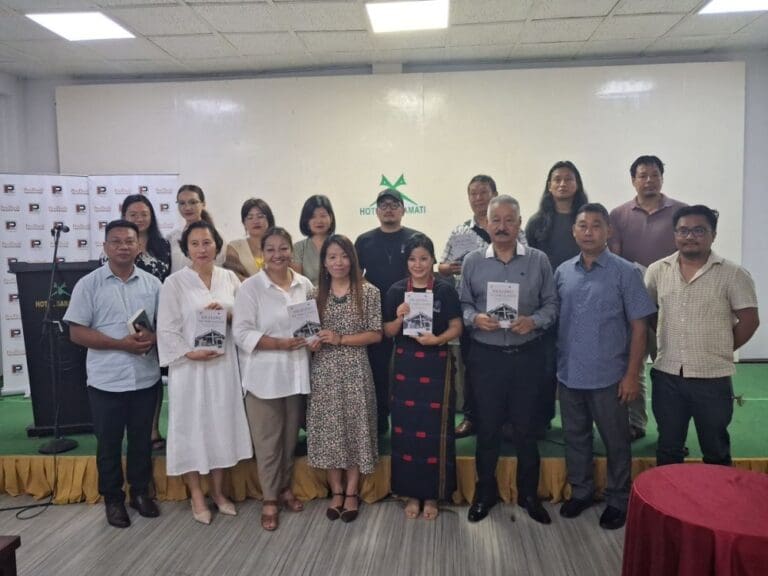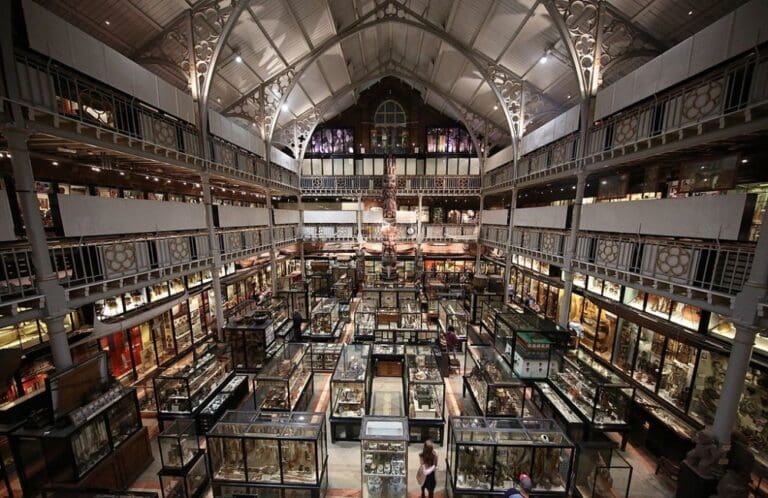Conflicts around boundaries and borders are ongoing in many parts of the world, including the current situation in the North East. And many of these conflicts are rooted from the colonial and decolonization period when borders were arbitrarily drawn, redrawn and institutionalized as fixed sovereign markers. It is critical to engage with them as a way of exploring resolution.
After World War II, following the formation of the United Nations, States established their domination in the international system. Within this emerging global system, Jeffrey Herbst reminds us that, “The true triumph of the [modern] State occurred between 1948 and 1963, when dozens of countries gained independence and chose as the vehicle to independence the nation-state as defined politically and geographically by their former colonizers.” Today, in many cases, States’ primary borders were once administrative boundaries of colonial powers. In other words, “colonial boundaries” were and continue to function as the recognized legal boundaries of States. This focus on territory and boundaries rather than on peoples has limited the self-definition of the self in self-determination.
Even in the 21st century, the colonial and decolonizing legacy of how communities and peoples were arbitrarily and continuously deconstructed and reconstructed into the State-building process of organizing territorial space and political power is an ongoing challenge. It is not surprising that most wars after the decolonization period have been fought around the basic human aspiration to reorganize territorial space and negotiate political power. This aspiration was and is based on “respect for the principle of equal rights and self-determination of peoples,” so that “by virtue of that right they freely determine their political status and freely pursue their economic, social and cultural development.”
It is crucial for us to remember that colonial powers defined their sovereign territorial limits by identifying and locating their fading influence over a given distance and was not based on a definite fixed point. This means that colonial territories were traditionally defined by ‘frontiers’ and not by boundaries. In fact, very often, the frontiers of two different colonial powers slipped into a frontier of separation – rather than a frontier of contact – between the two. From this viewpoint, the pre-modern State existed within frontiers.
This changed with the intervention of the European powers during the decolonization period when former colonies aspired to inherit colonial territories and formed modern States by converting the ‘frontiers’ into State boundaries. Their formation was accomplished with utmost efficiency by exercising the arrogance of power in an unhindered fashion. Today, this dilemma is ever present as many peoples, particularly indigenous peoples, find themselves trapped in state boundaries which are not of their making.
When colonial rule in the sub-continent ended, the emerging political powers seized the decolonizing period to create a modern state. It was at this juncture that new political powers assumed they were entitled to inherit the claims of the departing colonial power. While the British Empire’s imperial construct of the North East and its frontiers was itself arbitrary and founded on a false premise that was meant to serve the colonial power, the frontier’s deconstruction by independent India was no different. Many people were neither consulted nor were their consent taken by the new political powers. Furthermore, by creating new states and boundaries it infringed upon peoples’ sense of belonging. Entrapped in boundaries not of their making, it effectively divided peoples and communities which fuelled new conflicts.
The boundary question between Nagaland state and Assam state is one such example that poses questions and challenges regarding conflict resolution approaches to boundary issues. For instance, the Naga understanding of boundary is based on a traditional boundary passed down by oral history, oral and symbolic agreements between communities, and, most importantly, their lived culture on their ancestral lands. On the other hand, the Assam government seeks to legitimize the state boundary through legal documents and state treaties in which the traditional inhabitants were not a party. And, most important, the Naga point of reference goes back to the colonial era, while Assam’s reference point is post-independence. This is exemplified when T Sakhrie of the Naga National Council in 1947 informed Sir Akbar Hydari that the territories inhabited by the Naga be united at once, and ‘old boundary be restored.’
What perhaps needs more understanding is how Nagas relate to their land. The innate relationship between Nagas and their land has and continues to define the dialectical parameters of what constitutes living a dignified existence. The land represents the aspiration of a political identity to determine its own political, social, cultural, and economic future, all of which is central to their humanity. Territory in this sense is not perceived as having rigid, fixed and defined lines, but as overlapping spheres of shared boundaries.
As boundary disputes continue in this region, revisiting its experience with colonial frontiers, State boundaries and Peoples’ lived culture, worldviews and their relation to their lands is critical. A decolonizing methodology is needed for addressing boundaries by understanding and locating the cultural underpinnings of land, territories, and borders. Appropriate and meaningful contemporary resolutions to the question of frontiers and boundaries can be explored through gaining a decolonized perspective of the region that can open the way to co-exist peacefully as good neighbours.
At its heart, the process of dialogue, delimitation and demarcation need to affirm the value expressed by Judge Hardy Dillard in the International Court of Justice case on Western Sahara, when he said, “it is for the people to determine the destiny of the territory and not the territory the destiny of the people.”
*This is based on an earlier editorial Frontiers and Boundaries, which was written in 2015.
First published in The Morung Express August 03 2021
Link: https://morungexpress.com/decolonizing-boundaries
